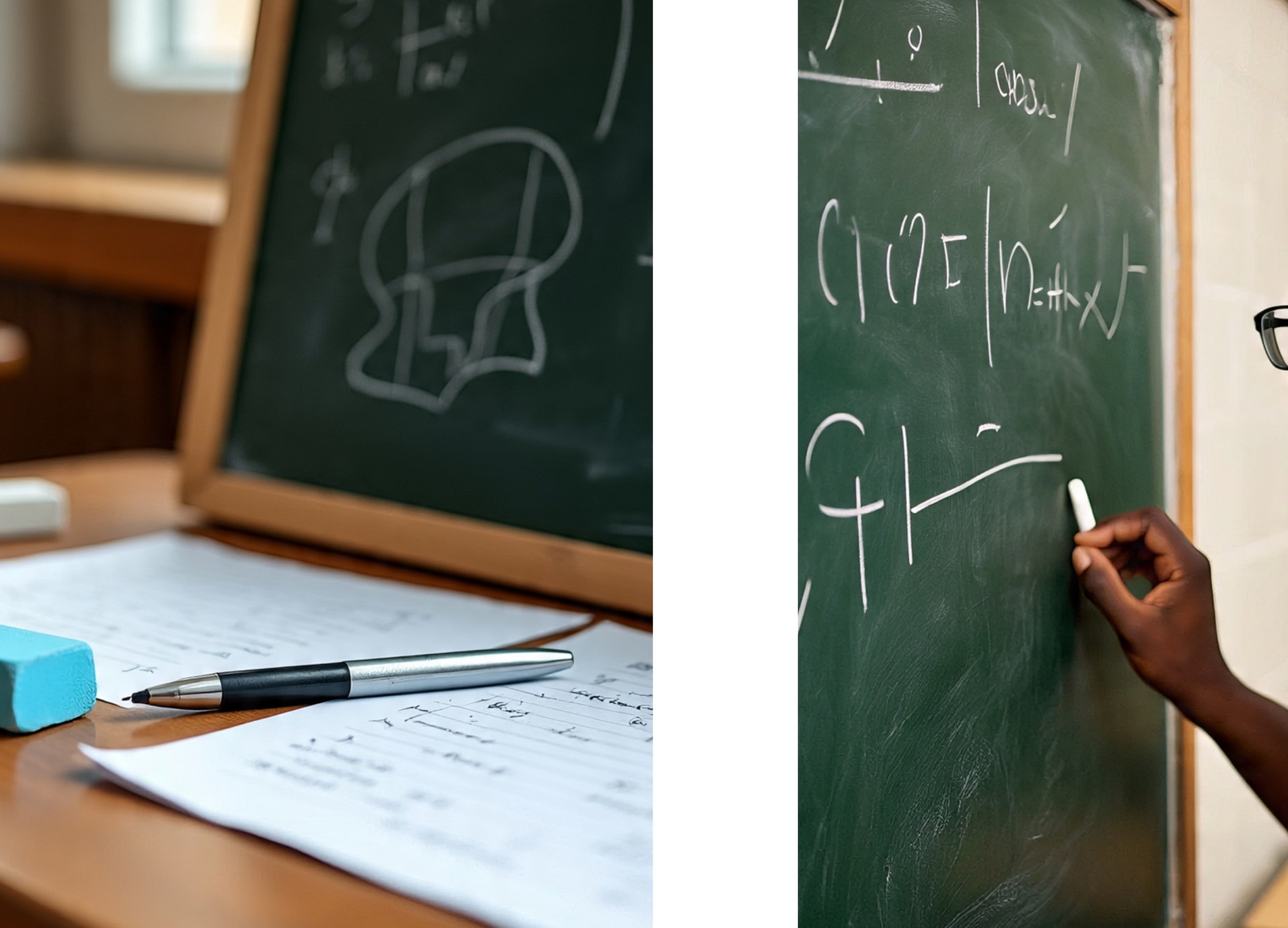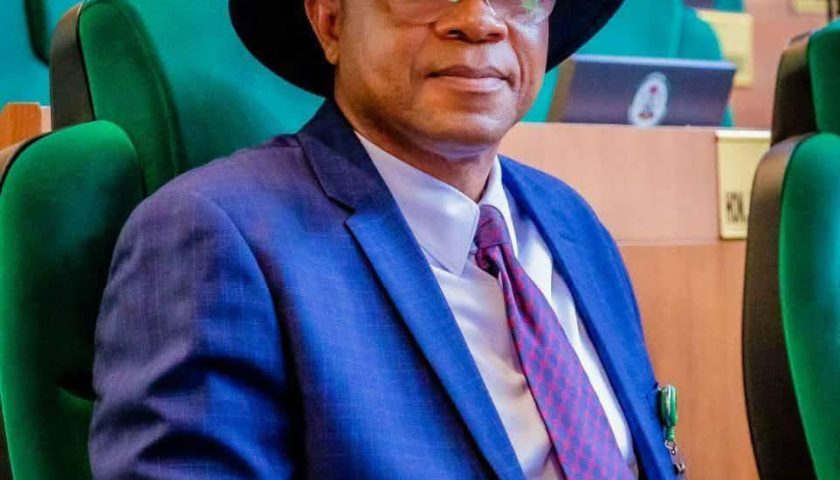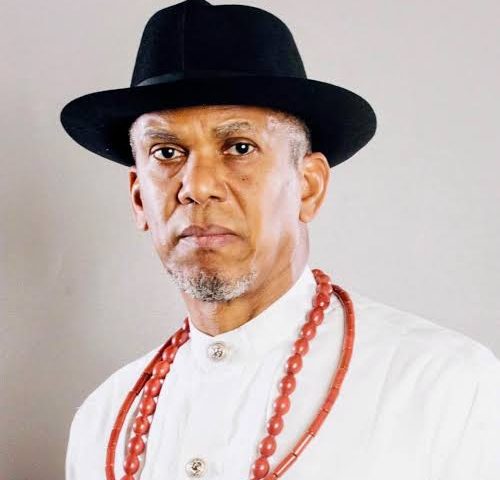By ANDREW DARAH
In the bustling cities and quiet villages of Nigeria, the story of education is still written with the scratch of a pen and the tap of chalk on a blackboard. While the rest of the world races toward digital transformation, these humble tools remain the backbone of learning for millions of Nigerian children.
*The Pen: A Bridge to Dreams*
In a child’s hand, a pen is more than just a writing tool; it is a bridge to the future. With it, students take notes, write stories, solve equations, and express hopes. In classrooms where tablets and laptops are a luxury, the pen still serves as a powerful equalizer —enabling every child, regardless of background, to engage with learning.
The act of writing by hand has also been shown to improve memory and focus. For Nigerian students, this tactile experience can create stronger mental connections and allow a more personal form of expression, especially in creative subjects like literature and the arts.
*The Chalk: A Teacher’s Voice*
In countless schools, especially in rural communities, the chalkboard remains the centerpiece of the classroom. The chalk—a dusty, crumbling stick—becomes the teacher’s voice, used to write lessons, draw diagrams, solve problems, and tell stories that spark imagination.
There is something deeply human about a teacher standing before a chalkboard, making eye contact, and slowly building a concept line by line. In places where power outages are common and tech is unreliable, chalk provides certainty. It always works. It is cheap, accessible, and irreplaceable for many.
*When Technology Feels Far Away*
While private and urban schools may enjoy smart boards and tablets, the reality for many Nigerian schools is far different. Cracked blackboards, borrowed pens, and reused notebooks are the norm. Yet, amid these limitations, learning persists. Children still sit up straight, hands raised, eyes wide open with questions.
The resilience of Nigerian students and educators is extraordinary. They find ways to make the most of what they have—and that is where the true beauty of these tools lies.
*Adapting Without Losing the Soul*
Even as Nigeria embraces digital education, we must not lose sight of what these traditional tools represent. Pens and chalk remind us that education is not about the tools alone—it’s about connection, curiosity, and determination.
Innovations like liquid chalk markers, stylus pens, and digital boards can enhance learning—but they should not replace the foundational value that simple tools still provide to those who depend on them.
*Tools That Shape the Nation*
The future of education in Nigeria will be shaped not only by innovation but by the strength of its foundations. Pens and chalk have been with us for generations. They’ve written our exams, sketched our dreams, and helped shape leaders, doctors, farmers, artists, and inventors.
Let us not discard them in the name of progress. Let us honor them, improve them, and ensure that every Nigerian child—whether in Lagos or Lafia—has the tools to learn, grow, and dream.
Because in the right hands, even a stick of chalk can change the world.





